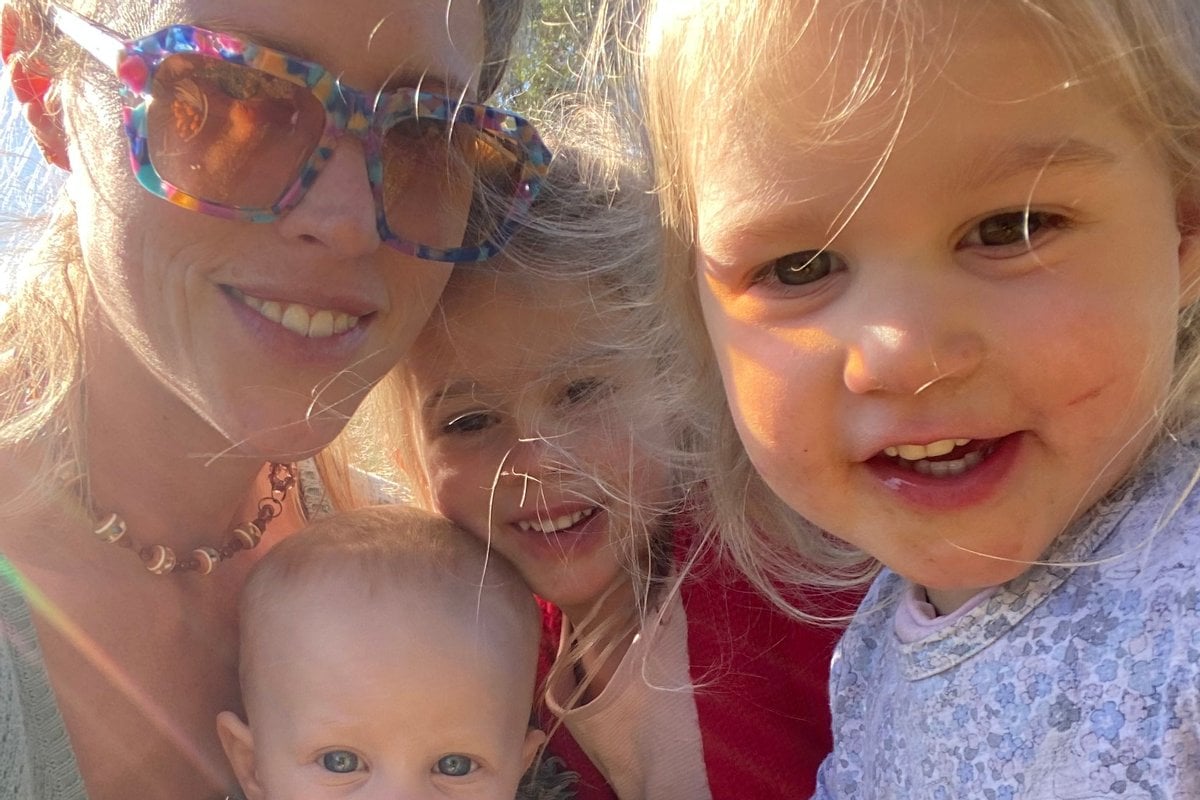
"I could never be a stay-at-home mum," is usually how the comment starts, followed by a line of reasoning that looking after kids is boring or not mentally stimulating enough.
Surprisingly, it's often said directly to a stay-at-home mum. It's kind of like stopping the postie on her bike, looking her square in the face and saying "Oh I could never do your job look how boring and unfulfilling it is, don't the mailboxes do your head in?"
It's a direct insult which in almost any other circumstance would be considered fairly rude but somehow it's socially acceptable when it comes to justifying our reasons to not be a stay-at-home mum. It often makes me question the value of my contribution and feel like I'm not doing enough. That I'm simple or less intellectual or just not as ambitious as working mums.
Watch: What is unpaid care work? Post continues after video.
When it happens all I can do is stare blankly back, because if I were to respond with my reasons for being a stay-at-home mum it would be seen as a direct attack on working mothers everywhere. And then I'd be told to check my privilege. So it's this weird one sided conversation I'm unable to participate in.
I'm most uncomfortable with the suggestion that carers are mentally or physically idle. I don't see how anyone who has actively cared for children could think this. Navigating the care of others is one of the most intensely cerebral and physically demanding things I've experienced. I've had buttons pushed I didn't know were there, I've reached peak exhaustion. When the efforts are so intense the rewards are huge too, but they're harder to quantify and pin down. It's something like the satisfaction of watching a child slowly master a new skill. When they actually eat what I cook them. The way my heart feels when my three-year-old initiates a spontaneous group hug. The feeling of her soft cheek smooshed into mine.


Top Comments